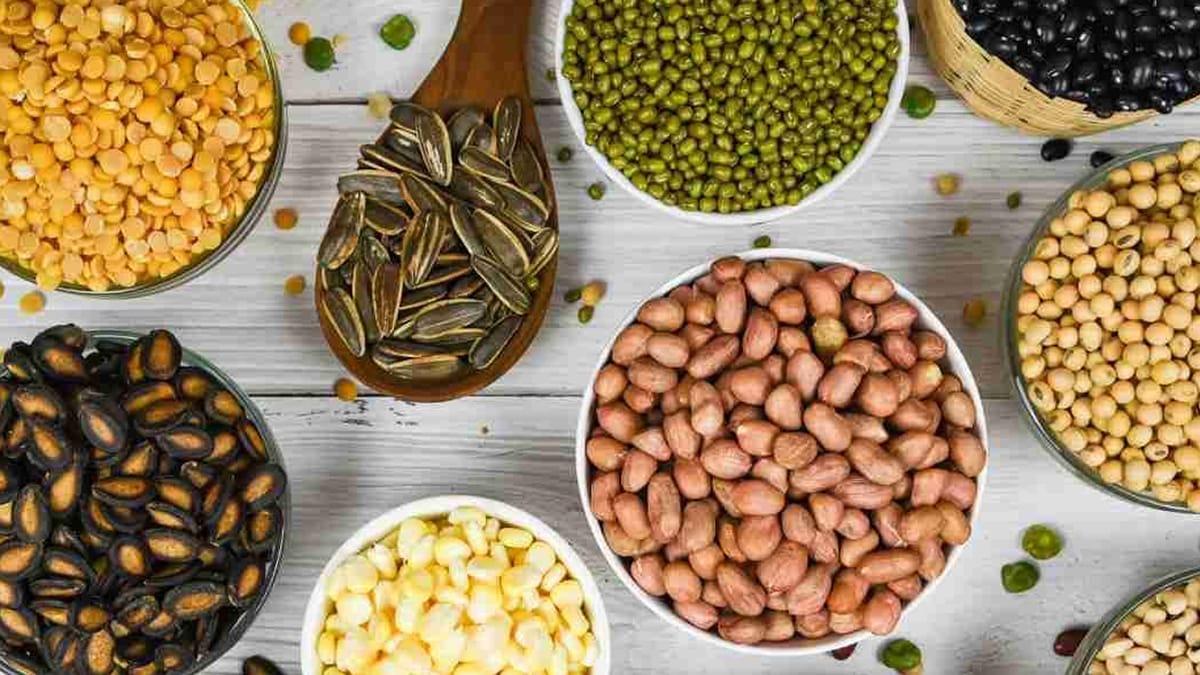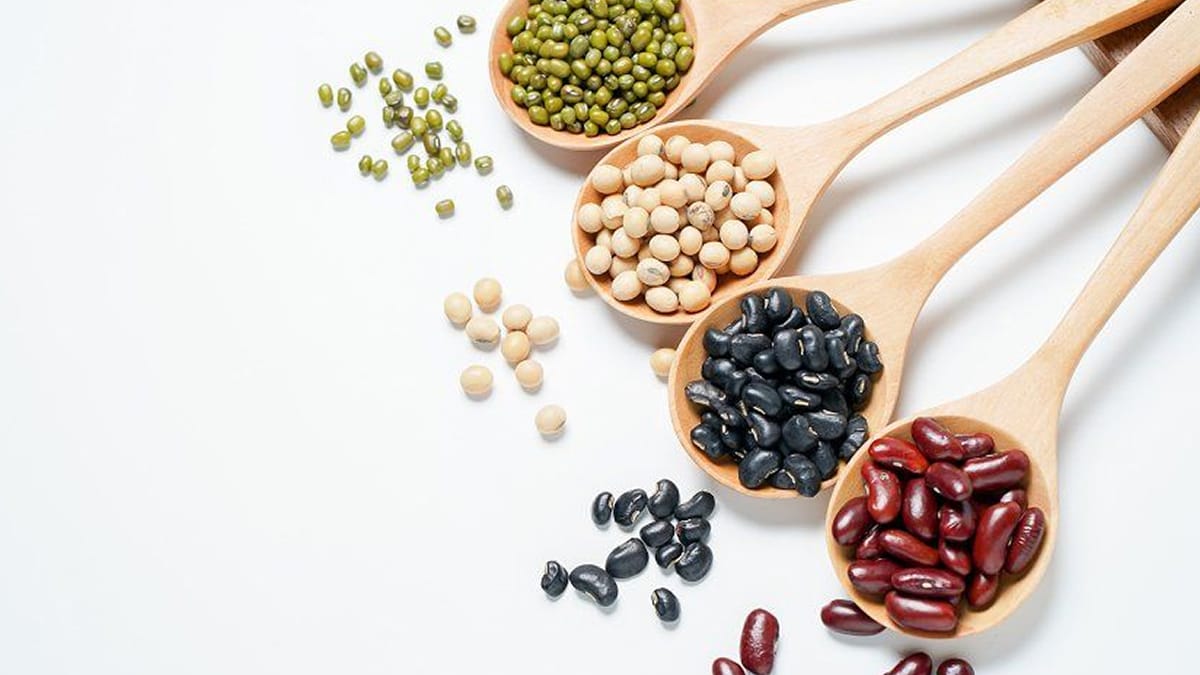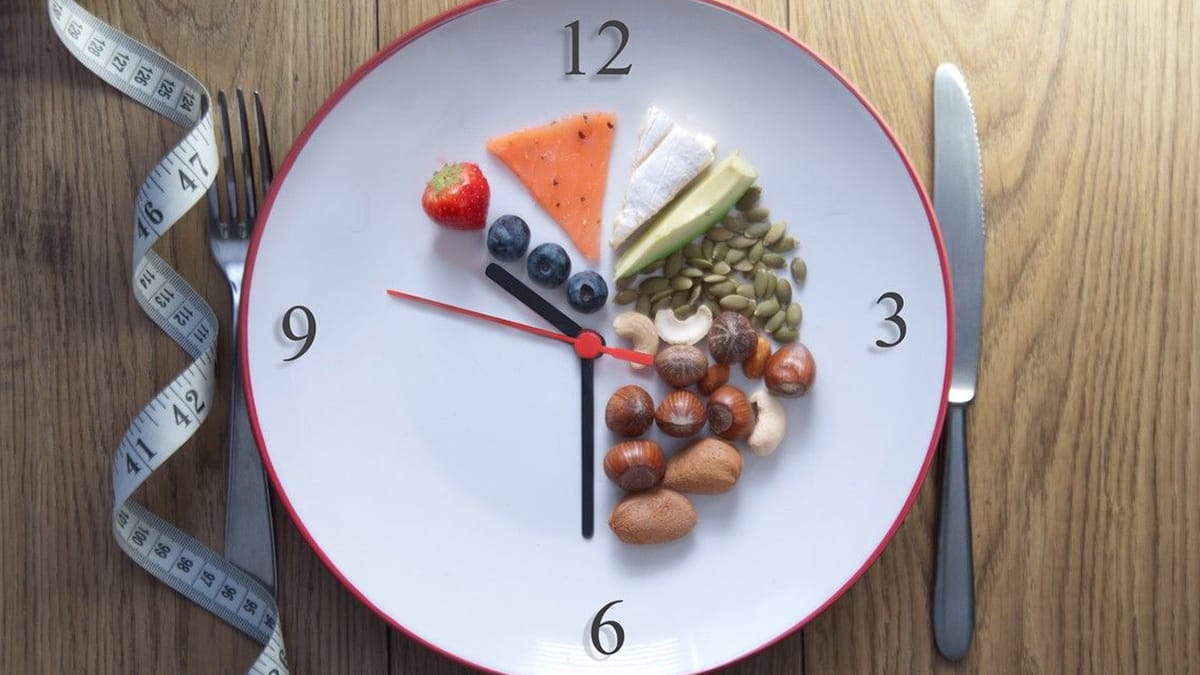How Much Protein Do You Really Need to Melt Fat
Protein has been called the king of fat-burning nutrients, but here is the shocking truth: most people still get it wrong. Too little protein and your metabolism slows down, muscle mass shrinks, and fat loss stalls. Too much protein and your body may not use it efficiently, leading to wasted calories or even digestive stress.
The key is balance. So, how much protein do you really need to melt fat and finally see lasting results? Let’s break it down with science, practical strategies, and insider knowledge you will not hear in the average diet article.

Why Protein Is The Ultimate Fat-Loss Weapon
Protein is not just fuel, it is a metabolic powerhouse. Compared to carbs and fats, protein has the highest thermic effect of food, meaning your body burns more calories digesting it. Studies show that eating enough protein can boost your metabolism by 15 to 30 percent, while carbs only increase it by 5 to 10 percent. Protein also preserves lean muscle during a calorie deficit, ensuring that the weight you lose comes from fat, not muscle. Without adequate protein, your “weight loss” could actually make you look softer, weaker, and more tired.
How Protein Helps You Melt Fat Faster
It controls hunger by regulating appetite hormones like ghrelin and peptide YY
It reduces cravings and late-night snacking
It keeps blood sugar stable, preventing energy crashes
It builds and repairs muscle, which in turn increases fat burning at rest
In short, protein is not optional if you are serious about fat loss. It is essential.
How Much Protein Do You Really Need
The “one-size-fits-all” approach is one of the biggest lies in the fitness industry. The truth is, your protein needs depend on your body weight, activity level, age, and goals.
General Guidelines Backed by Research:
Sedentary adults: 0.8 grams per kilogram of body weight (bare minimum for survival, not optimal for fat loss)
Active adults: 1.2 to 1.6 grams per kilogram (good for maintaining muscle and encouraging fat loss)
Athletes or heavy lifters: 1.6 to 2.2 grams per kilogram (optimal for muscle growth and aggressive fat burning)
For example, if you weigh 70 kg (154 lbs), aiming for 100 to 150 grams of protein daily is a solid target for fat loss. Going much higher than 2.2 grams per kilogram usually offers no extra benefit for fat loss.
Timing Matters: Protein Distribution Across the Day
Many people make the mistake of eating almost all their protein at dinner. But your body can only use so much at once for muscle repair. Research shows that evenly spreading protein across meals (20 to 40 grams per meal, depending on body size) maximizes fat loss and muscle preservation.
Best Protein Sources for Fat Loss
Lean meats: chicken breast, turkey, lean beef
Fish: salmon, tuna, cod, sardines
Eggs and egg whites
Low-fat dairy: Greek yogurt, cottage cheese
Plant-based proteins: lentils, beans, chickpeas, tofu, tempeh, quinoa
Protein powders: whey, casein, or plant-based blends for convenience

The Fear of High-Protein Diets – Is It Safe?
There is a common fear that high protein damages kidneys or bones. But for healthy individuals, research shows that even diets with 2.2 to 3 grams per kilogram of protein are safe. Problems only arise in people with pre-existing kidney disease. In fact, higher protein intake has been linked to stronger bones, better satiety, and healthier body composition.
Mistakes People Make With Protein and Fat Loss
Overestimating protein intake: Many think they eat “a lot of protein,” but studies show most consume far below optimal levels.
Ignoring food quality: Eating greasy processed meats instead of lean, nutrient-rich proteins.
Skipping breakfast protein: Starting the day without protein leads to overeating later.
Using protein shakes as a crutch: Shakes are convenient, but relying on them too heavily can mean missing whole-food nutrients.
The Science of Protein and Metabolism
According to a study published in the American Journal of Clinical Nutrition, people who ate 25–30 percent of their daily calories from protein lost more fat and preserved more muscle compared to those on lower-protein diets. Another study from the University of Missouri found that high-protein breakfasts reduced evening snacking by up to 60 percent. These findings confirm that protein is a non-negotiable if fat loss is your goal.
Practical Strategies to Hit Your Protein Goal
Meal prep with lean protein sources
Use protein-rich snacks like boiled eggs or Greek yogurt
Replace carb-heavy breakfast foods with high-protein alternatives
Add protein powder to smoothies or oatmeal
Focus on whole foods first, supplements second
Frequently Asked Questions
How much protein should I eat per meal?
Most people benefit from 20–40 grams of protein per meal, depending on their size and activity.
Can eating too much protein make me gain fat?
Excess protein can contribute to fat gain if it pushes you into a calorie surplus, but protein is less likely to be stored as fat compared to carbs and fats.
Is animal protein better than plant protein?
Animal protein has all essential amino acids, but combining plant sources (like beans and rice) can provide the same benefits. Both can work for fat loss.
Do I need protein shakes to lose fat?
No, but they are convenient. Whole foods should come first, and shakes are useful for filling gaps.
Can high protein diets harm my kidneys?
Not in healthy people. If you have kidney disease, consult your doctor. Otherwise, high-protein diets are generally safe.
How much protein do women need to lose fat?
Women should aim for 1.2 to 2.0 grams per kilogram of body weight, depending on activity and goals.
When is the best time to eat protein for fat loss?
Spreading protein throughout the day is best, but including some after workouts helps muscle recovery.
Tips to Avoid Protein Mistakes
Do not rely on processed meats as your main source.
Spread protein intake across meals, not just dinner.
Avoid underestimating your needs – track your intake.
Use whole foods before supplements.
Stay hydrated, since protein metabolism requires water.
Final Thoughts
If you want to melt fat effectively, getting your protein intake right is non-negotiable. Forget fad diets that cut carbs to extremes or promise overnight miracles. The truth is simpler: protein is your metabolic ally. Aim for 1.2 to 2.0 grams per kilogram of body weight, spread it evenly across the day, and prioritize whole-food sources. When combined with smart training and a calorie deficit, protein is the fuel that keeps your metabolism firing, your muscles strong, and your fat loss sustainable.
Here are 7 final takeaways:
Protein is the most powerful nutrient for fat loss.
Aim for 1.2–2.0 g/kg of body weight daily.
Spread protein evenly across meals.
Choose lean, nutrient-rich sources.
Use shakes only as a supplement, not a replacement.
Track your intake to avoid underestimating.
Combine protein with training and lifestyle habits for maximum results.
Reference & Additional Reading
Inspired by studies and insights from:
www.health.harvard.edu
www.menshealth.com
www.healthline.com
www.womenshealthmag.com
www.ncbi.nlm.nih.gov
www.webmd.com
www.medlineplus.gov
www.tridenttech.edu
www.burnexia.com

